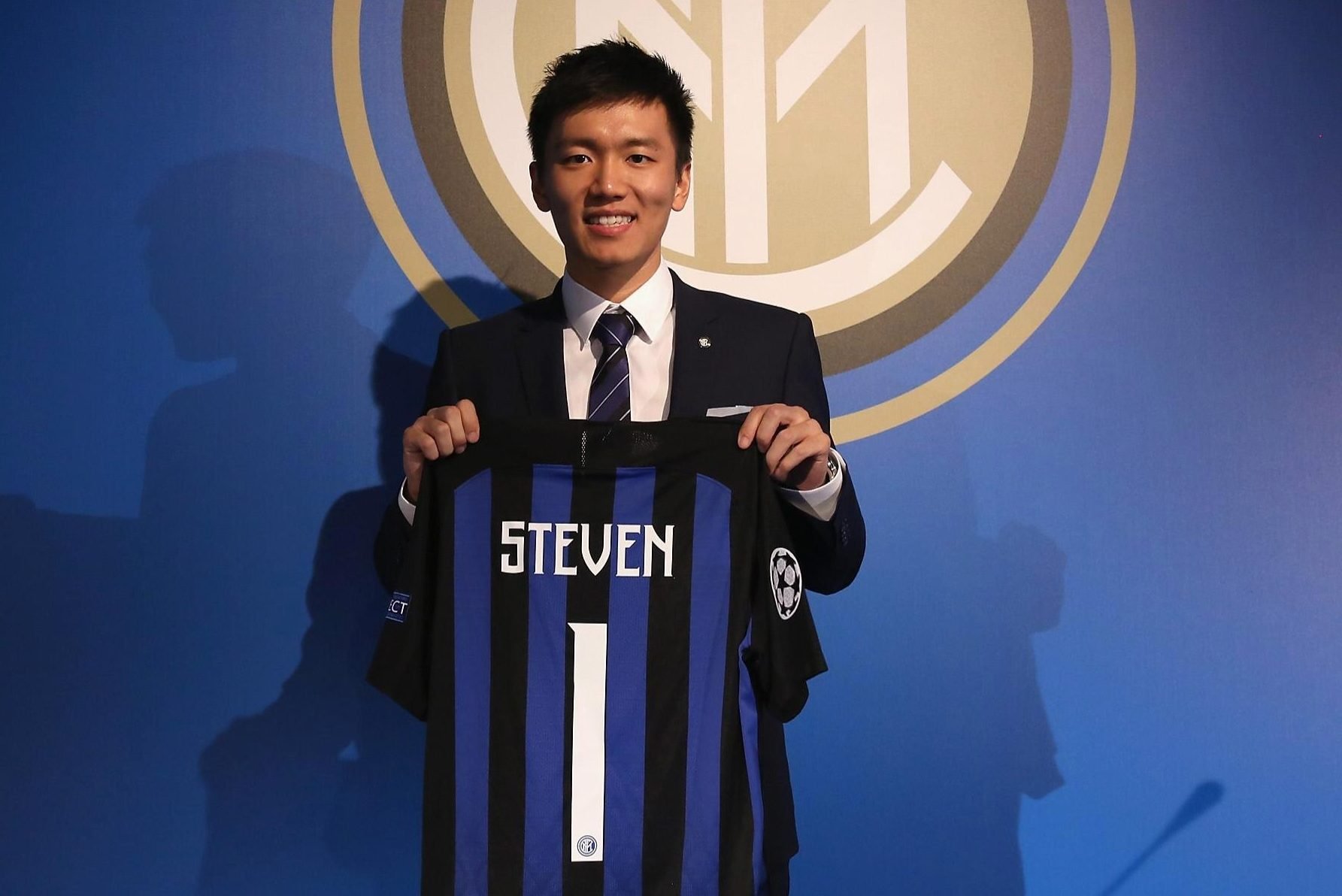Italian football has once again been rocked by the prospect of another scandal, the biggest since Calciopoli 20 years ago. With clubs retrospectively having their titles stripped and forced down to the second tier following that investigation, the question on everyone’s lips is, will Inter Milan be banned?
Inter Milan Scandal Explained
Inter Milan are at the heart of the biggest alleged scandal in Italian football for over two decades.
Italy awoke to sensational reports in the media, detailing a report that uncovered a web of fictitious sponsorship revenue, strong ties to powerful mafiosos, and even supposed cover-ups from the Italian Football Federation (FIGC).
The report could scarcely have surfaced at a worse time for Inter, who are still reeling from a five-goal collapse in Munich last week, while manager Simone Inzaghi has jumped shipped by penning a three-year, $105m contract with Al-Hilal.
Delving deeper into the confidential document, drawn up by a financial advisor in London, reveals creative accounting used as a smoke screen to protect Inter’s precarious financial reality.
The report suggests that without the creation of fake sponsors and alleged intervention from the FIGC in recent years, Inter should have not only faced liquidation, but also exclusion from Serie A.
The origins of the report stem from a financial advisor, hired by a group interested in the acquisition of the club, who unpicked a complex system of institutional corruption.
Although Oaktree Capital Management acquired Inter in May of last year for a reported $455 million, the bulk of the report centres around the early years of the Suning presidency (2016-2019).
The Chinese-based group created a network of “regional sponsors” that, according to Inter’s accounts, generated $342m in revenue over three seasons (2016-2019). The figure, which represents 27% of Inter’s total revenues over this period, is described as ‘doubtful’ in the report.
It also details a rapid but highly questionable commercial growth. Inter’s typical basic income pre-Suning was around $200 million per-season. Three years later, the club’s revenue jumped by 46%, largely in part to commercial partnerships with Southeast Asian companies in the tourism and online travel secure, which brought in over $300m.
Several of these companies are said to have never even published their own public financial information.
The report goes even further by suggesting that the FIGC are compliant in allowing Inter to operate illegally. It accuses the institution of setting ad hoc standards for the club, even in the face of other clubs being sanctioned for lesser, or similar offences.
It also paints director Giuseppe Marotta in a damning light, revealing negotiations with the club’s ultras groups. “Marotta gives in to pressure” or “resolution thanks to Marotta” are used to describe his mediation in internal tensions.
The club’s ultras groups have been at the centre of controversy in recent years, due to wide spread links with the mafia, who controlled third party ticket rackets and collected money from food and drink stalls around the San Siro.
Vice president Javier Zanetti, Hakan Calhanoglu and Simone Inzaghi and were all banned and/or fined for contact with the ultras group, who remain under investigation for a string of murders, amidst a bloody power struggle.
The Suning Holdings Group defaulted on a debt payment to the US investment fun, who subsequently took over the controlling stake.
Inter have since clawed their way back into a healthy financial position after years of heavy operating losses under Suning. The club are expecting to announce $28m worth of profit in the 2024-25 financial year, aided by a painful mass exodus of its most valuable players in recent years.
It is one of the reasons attributed to Simone Inzaghi’s recent departure, with the Italian being forced to operate on the breadline throughout his successful tenure.
Will Inter Milan Be Banned?
Although the release of the report is just the early rumblings of what could be a long, drawn-out investigation, it has the potential to be one of Italian football’s darkest chapters.
It is already drawing parallels to the Calciopoli referee scandal in 2006, which resulted in Juventus being stripped of their title and relegated down to Serie B.
Inter Milan happened to be the beneficiaries of that particular scandal after being retrospectively handed the title, but early indications from this initial report suggest their punishments could be similar.
Much like Manchester City’s ongoing case in the Premier League, Inter Milan’s alleged false accounting means they have effectively been buoyed by fake revenue.
As the report details, the club should have been subject to liquidation given the decline of the club’s own funds, along with mounting debt.
Not only were Inter’s accountants operating suspiciously, but the report uncovers a potentially groundbreaking truth.
It paints a picture of of financial, political, and institutional collusion that potentially enabled one of the nation’s most illustrious clubs to bypass regulations.
If the FIGC are also found to be compliant, it could open up the door for national prosecutors and criminal courts to step in.
So, this all begs the question, will Inter Milan be banned? It is unclear what punishments Inter could face at this early stage; similar cases have resulted in heavy points deductions, the removal of titles, and even relegation.
Inter didn’t actually claim a title in the period of alleged wrongdoing, so they may escape that punishment, but it is unclear what would happen to their seven titles since.
Anonymous betting sites have Inter down as the favourites for 2025-26, but this investigation bubbling under the surface of their season could threaten to de-rail their post-Inzaghi rebuild.

